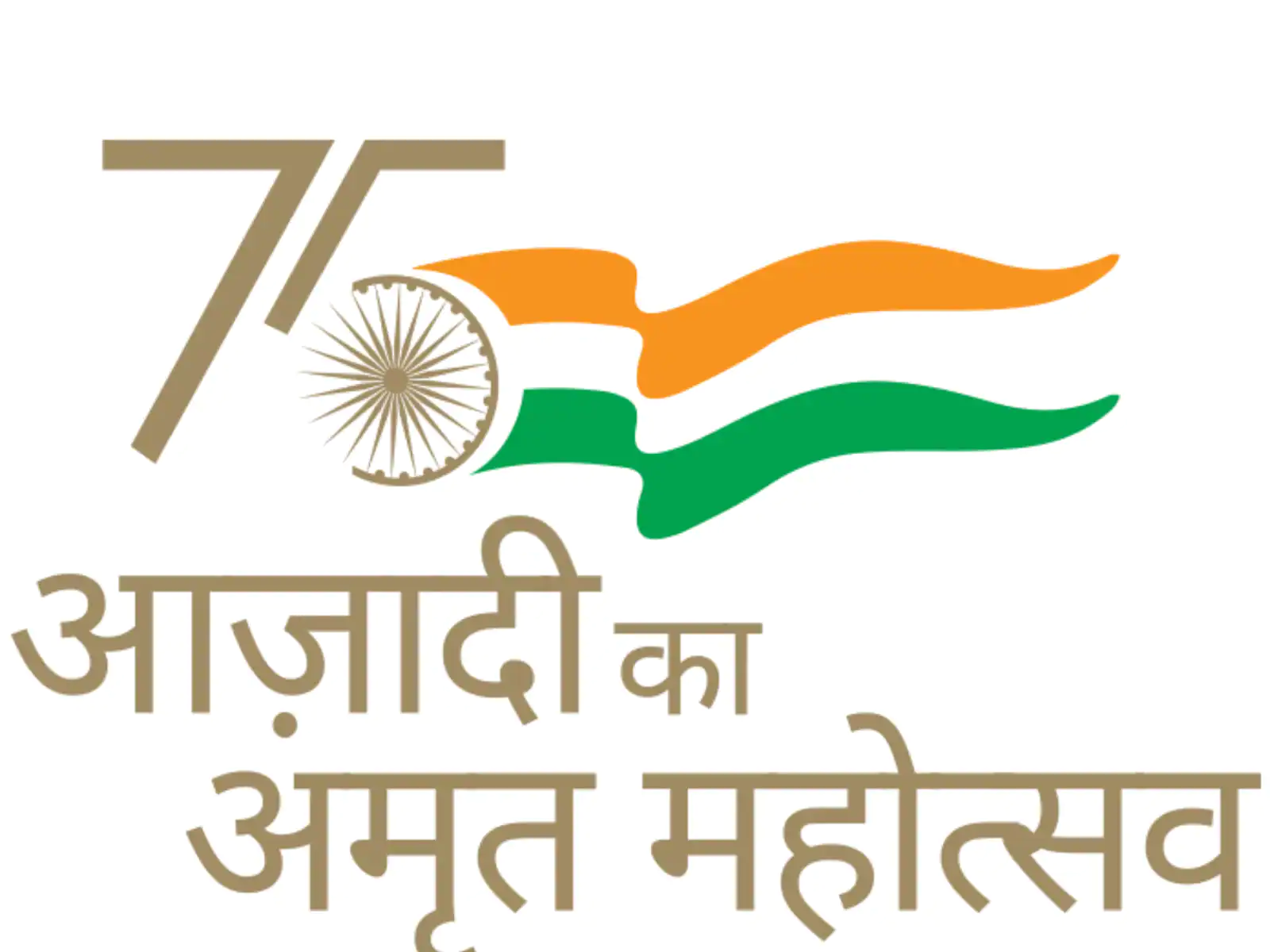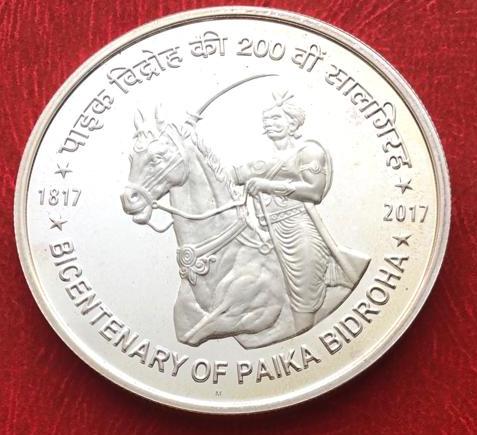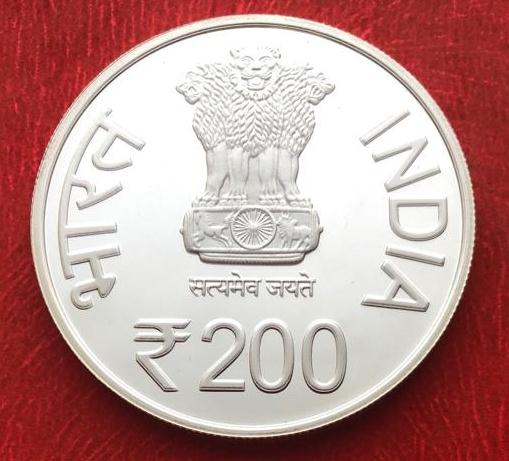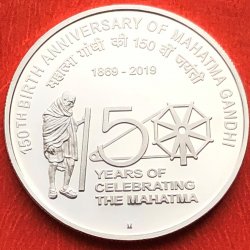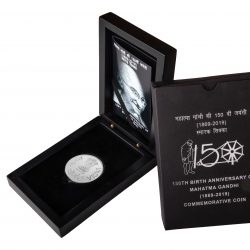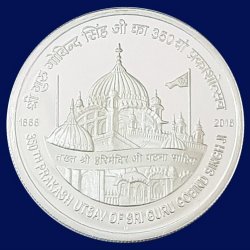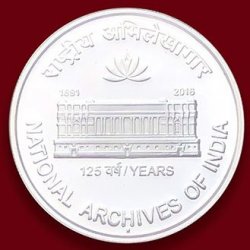The Paika Rebellion (Paika Bidroha) War Fought against British rule, in Odisha in 1817. Pre-dating what was popularly regarded as the first war of independence in 1857, the Paika Bidroha of 1817 in Odisha briefly shook the foundation of British rule in eastern part of India. Paikas were essentially the peasant militias of the Gajapati rulers of Odisha who rendered the military service to the king during the times of war while taking up cultivation during the times of peace. Till 1803, Odisha was under Maratha rule, however after the second Anglo-Maratha war, the Marathas were forced to cede most of the territory in Odisha to British East India Company. Establishment of British rule in Odisha was followed by a policy of repression against the Paikas. They lost their traditional position in the society and their lands were taken away. In addition to losing their estates, the paikas were also heavily exploited by the revenue collectors under the British. Paikas under the leadership of Bakshi Jagabandhu, the hereditary chief of militia army of the Gajapati King of khurda (a kingdom near Puri), rose in rebellion in March 1817, taking support of tribals and another section of society. The Paikas attacked British symbols of power, setting ablaze police station, administrative offices and treasury during their march towards Khurda. Britishers were initially taken back and then tried to regain lost ground but faced stiff resistance from the rebelling paikas. However, the paikas were eventually defeated by the British. The Paikas retreated into the thick jungles of Odisha and carried out guerrilla war face for several years. After successive defeats, the Paika leader Bakshi Jagabandhu, surrender to the British in 1825 and lived as a prisoner in Cuttack till his death in 1829. a) Denomination 200 b) Weight 35 gram c) Quarternary Alloy Silver – 50% Copper – 40% Nickel – 5% Zinc – 5% d) Diameter 44 mm e) Serration – 200
|
DENOMINATION OF THE COIN |
SHAPE, DIAMETER & No. OF SERRATION |
WEIGHT |
METAL COMPOSITION |
|
TWO HUNDRED RUPEES |
CIRCULAR DIAMETER – 44mm SERRATIONS – 200 |
35.00gms |
Quaternary Alloy Silver- 50 %, Copper – 40 %, Nickel- 05 % and Zinc- 05 % |

